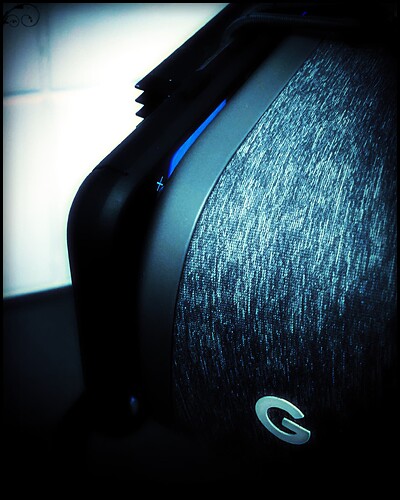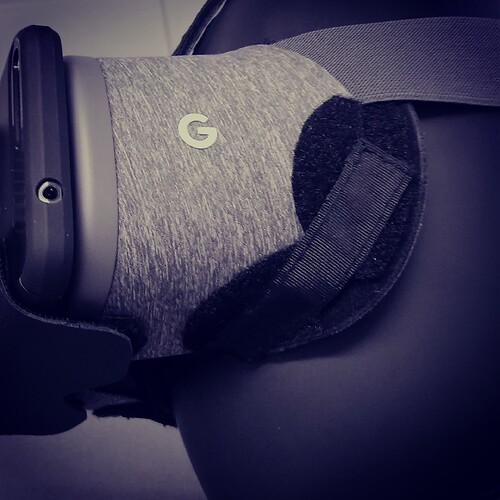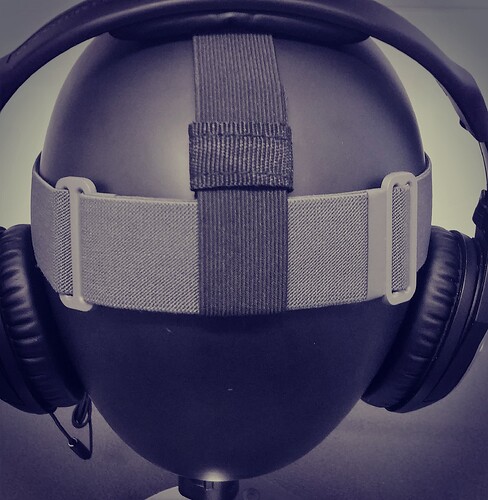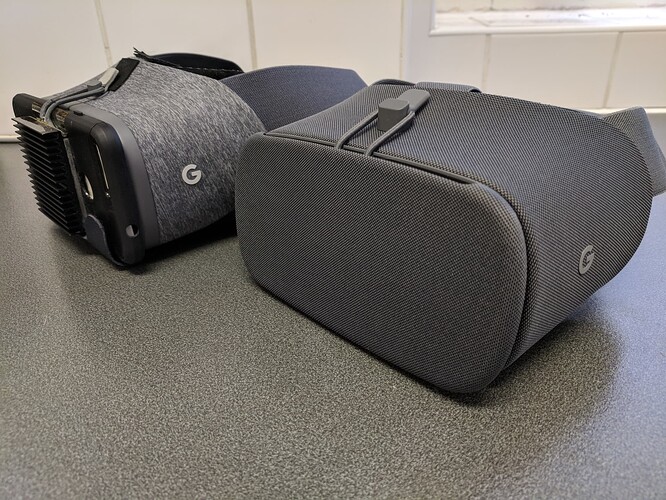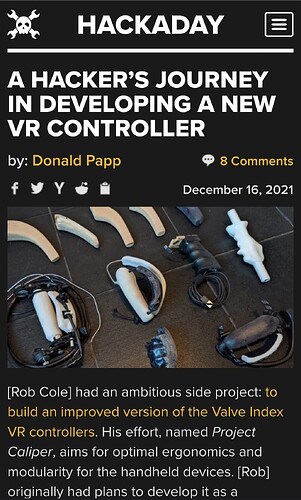Daydream failed because Google’s hardware requirements could only be met initially by their own pixel smartphone (compared to Gear VR which packed the tech into the headset).
The first generation of pixel hardly moved the market, so a lack of users/traction wasn’t a great starting point.
By the time they opened Daydream for non Google phones it was already too late, developers didn’t see any sales potential, some were paid exclusives, unfortunately the non Google phones often offering a sub optimal experience.
I’ve had a number of conversations with Google about Daydream, something else to understand with companies like this is the constant churn of leadership, project funding and expenditure reviews. It only takes a cheerleader to move on, and support quickly drains.
The team leader of London’s AR/VR team (based at Tottenham Court road) left to work in California on the X projects once Daydream was wound down. He had worked in this area since project tango, and all of the team members were serious VR enthusiast with most owning Rift and Vive at home. I was lucky enough to host several sessions for team members in canary wharf during my roomscale plus experiments in early 2017.
For Google it was an attempt to sound out the market, dipping the toes in the river so to speak. The later 6DoF headset and developer motion controllers were a last gasp of a failed project.
Thoroughly enjoyed my time using Daydream (yes I was one of the hundreds that actually bought one) with Google’s software chops clearly on display. Very good UX, Meta could have learned much there.
Google were graceful enough to refund all my Daydream software purchases once the platform was wound down, so no loss there. Great to see titles like virtual virtual reality and eclipse edge of light escape to PCVR.
This new venture seems to be happening at the right time, their leadership will see the value in putting heavy resources into the build out as its now the right time, whereas Daydream was premature in some ways, or testing the water if you prefer.
